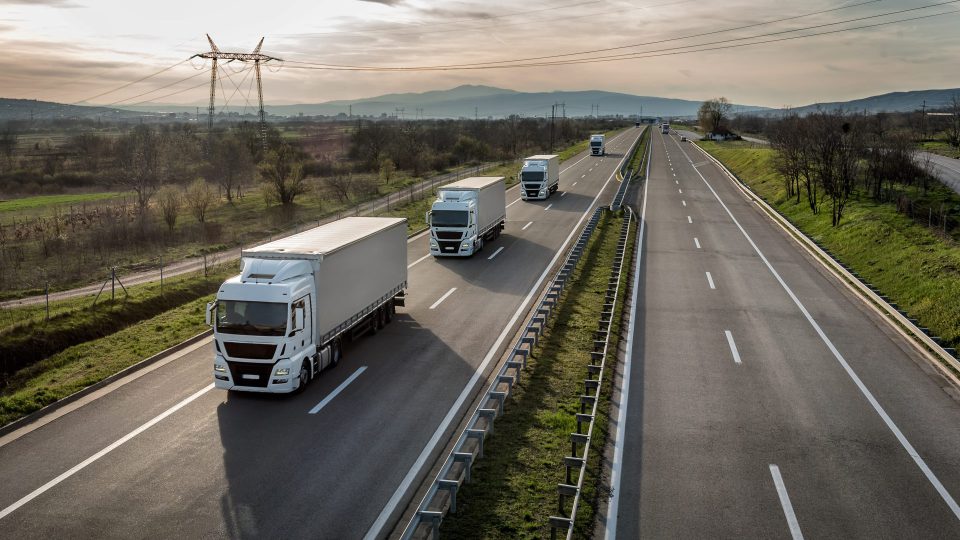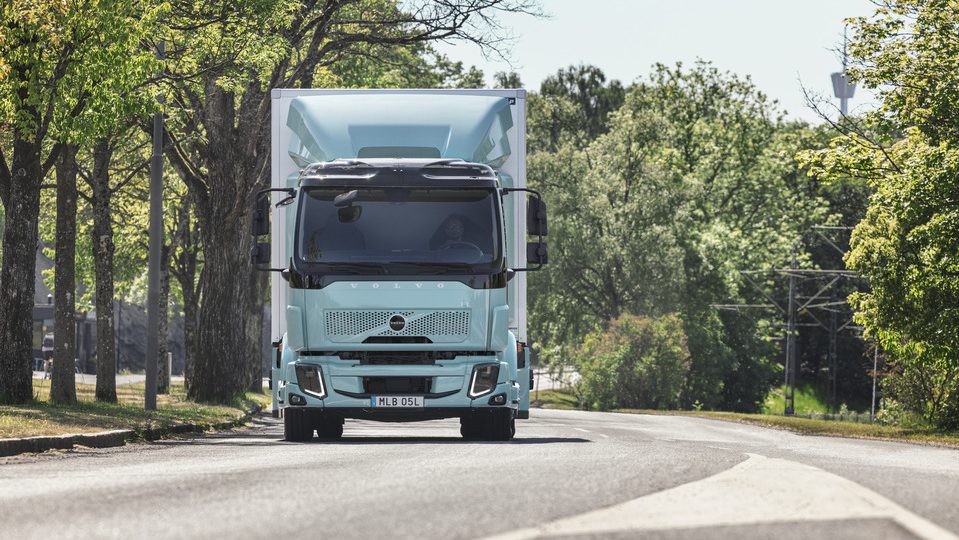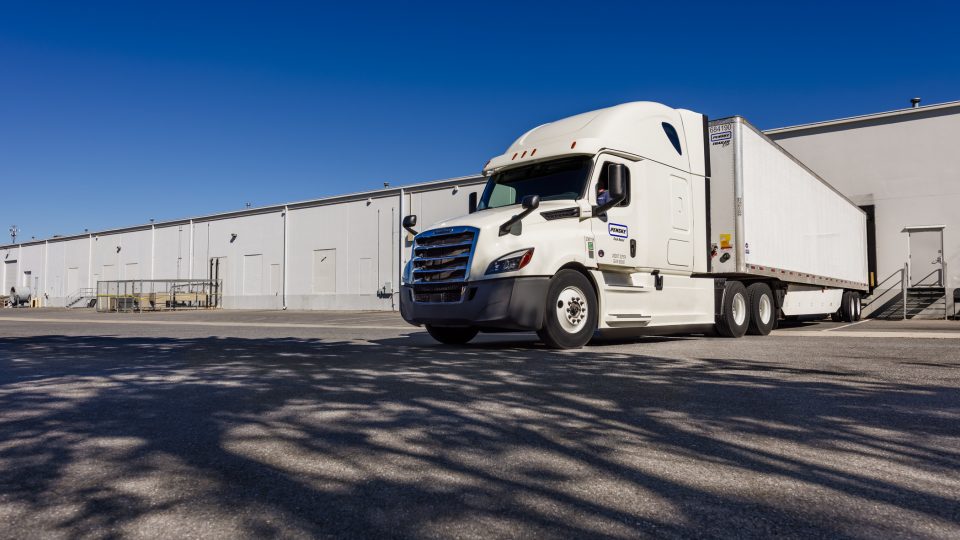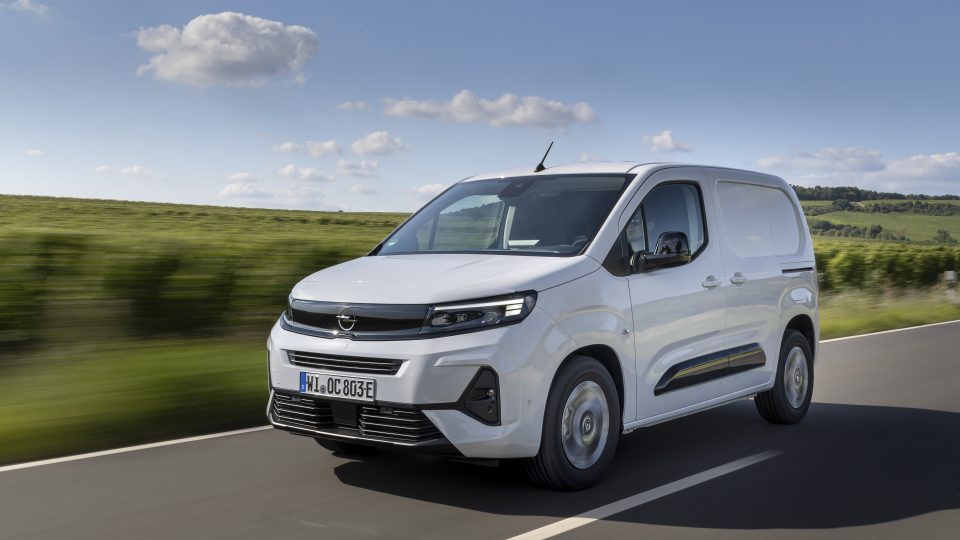CO2 emissions reduction targets, the EU Parliament backs the Commission and confirms the roadmap
The EU Parliament confirmed the position expressed by the EU Commission and Council. Opposite reactions come from ACEA and IRU on the one side; T&E and ECTA from the other side.
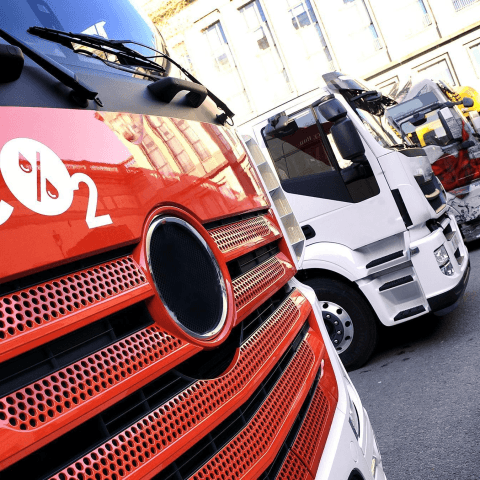
On Tuesday, 21 November, the EU Parliament voted on the proposal made by the EU Commission on CO2 emissions reduction targets as for heavy vehicles. With 445 votes in favour, 152 against and 30 abstentions, the Parliament backed the targets conceived toward 2040. More into details, these would be 45% for the period 2030-2034, 65% for 2035-2039 and 90% as of 2040: we’re talking about CO2 emissions reduction compared to 2019.
“The transition towards zero-emission trucks and buses is not only key to meeting our climate targets, but also a crucial driver for cleaner air in our cities. We are providing clarity for one of the major manufacturing industries in Europe and a clear incentive to invest in electrification and hydrogen. We are building on the Commission’s proposal by expanding the scope and adapting several targets and benchmarks to catch up with reality, as the transition is moving faster than expected”, said Rapporteur Bas Eickhout.
CO2 emissions reduction targets: who’s against them
Of course, the main European association reacted to the news coming from Strasbourg. “For truck and bus manufacturers, the question is not if, but how fast we can decarbonise”, stated Sigrid de Vries, ACEA Director General. “We’re doing our part by providing the vehicles and technology to make Europe’s road transport fossil-free by 2040. Yet, failure to address enabling conditions will not only slow down our sector’s green transition, but also threaten our global competitiveness”.
A similare position came from the IRU, according to which the EU Parliament vote “sets unrealistic targets for zero-emission vehicles, feebly tries to factor the role of carbon-neutral fuels in decarbonisation, and attempts to bring the EU transport sector in line with totalitarian regimes by mandating purchase targets for transport operators”.
“Despite the many strong industry voices and numerous Members of the European Parliament calling for a sensible decarbonisation path, the Parliament is now officially set to enter trilogue negotiations with idealistic targets, disconnected from energy supply possibilities and business realities on the ground”, said IRU EU Advocacy Director Raluca Marian.
Potrebbe interessarti
New truck emissions, some significant reactions to the newly-released EU Commission proposal
The ECTA and T&E back the proposal (with some criticism)
On the other hand, the European Clean Trucking Alliance (ECTA) was quite happy with today’s vote of the European Parliament on the new CO2 standards for heavy-duty vehicles, which “gives a clear direction to all players involved in decarbonising the road freight sector”.
“Ambitious CO2 standards are an effective tool to set the pace for the transition to zero-emission trucks as well as provide much needed certainty to companies operating in the freight and logistics sector to invest supported by sufficient infrastructure”, stated Kristin Kahl, ECTA spokesperson and representative of the logistics company Contargo. “The potential of zero-emission trucks to decarbonise the road haulage sector is huge and offers economic and technological opportunities. The higher the ambition in the short and medium term, the more zero-emission vehicles are produced and the quicker they become more affordable for all hauliers across Europe”.
Transport & Environment backs the EU Parliament, of course, however regretting the space left to biofuels, defined as “a loophole for trucks”. “MEPs voted by a 7-vote majority to allow trucks running on synthetic fuels and even the most unsustainable biofuels, such as palm oil and soy, to be counted as climate neutral”, wrote T&E.
“Biofuels and e-fuels won’t decarbonise heavy-duty vehicles, but they will allow as many diesel trucks as possible to be sold for decades to come. Oil companies have lobbied hard for this loophole to help keep up demand for its fuel. We call on the Council to block this lifeline to the fossil fuel industry”, commented Fedor Unterlohner, freight manager at T&E.




